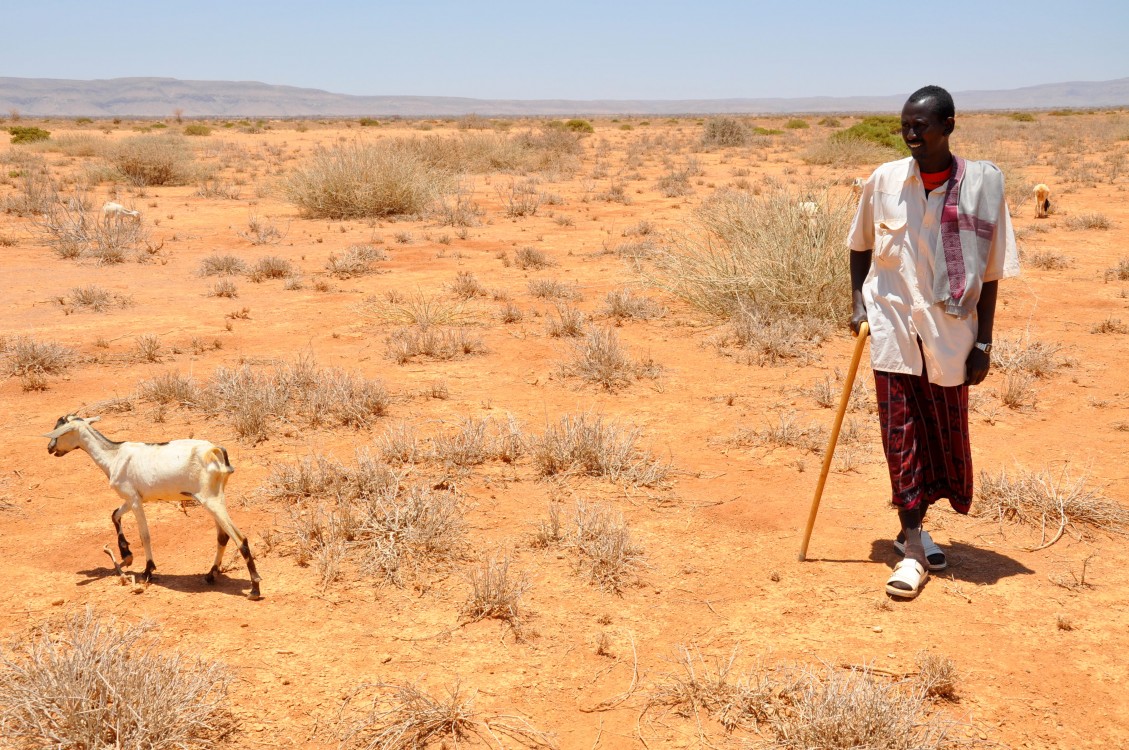
This is the third installment of a three-part series looking at the impact of the arms industry on repressive governments, refugees and climate change.
When climate negotiations commence in Paris later this year there will be a herd of elephants in the room. The politicians attending are the same that actively promote fossil fuels, including extremely disastrous industries such as fracking, tar sands and coal bed methane. Inevitably, the oil industry will also lobby hard to influence "national representatives" to dilute, greenwash and mitigate against any meaningful climate agreement. This is widely acknowledged. But one thing is often less apparent about the failure after 20 years to negotiate a robust climate agreement: there is an even larger and more destructive elephant in the room and it is called the war machine.
To tackle climate change we need to dismantle the war machine. For instance, the world’s largest military, the U.S., not only spends more than the other 15 largest militaries combined, but as a single entity it is the world’s largest carbon polluter. The Iraq War alone caused a similar release of greenhouse gas emissions as the UK’s total domestic output. Irrationally, though, war’s pollution is not considered within the scope of the Paris negotiations; most military emissions are exempt, due to previous strong lobbying from the Pentagon.
Oil and the war business are as connected as they are both tied to capitalism. In gross carbon output, four out of five of the world’s highest polluting nations are also the world’s largest arms dealers, with the European Union considered as a whole alongside China, the U.S. and Russia. The other nation among the top five of polluters is India – now the world’s biggest importer of weapons.
Ultimately, these figures point toward something deeper: the war business is embedded within the state-supported capitalist system that is driving climate change.
Oil for War
War uses oil like there is no tomorrow. The Eurofighter Jet, a joint project developed by the EU, is just one example: the jet only travels 680 meters on 1 liter of jet fuel. The latest Eurofighter was one of the new war machines on display at the recent DSEi 2015, the world’s largest arms fair hosted by the UK government.
The fair has a special aerospace zone, and a press release quotes a Rear Admiral explaining how the zone’s focus is to sell the billion-dollar aircraft to the richer nations while selling second-hand aircraft to any other takers. The senior military personnel is clearly thinking of one thing, and it isn't climate. It's profit.
From drones to tanks to naval vessels, a range of carbon intensive armaments were on sale at DSEi – showcasing how tomorrow’s wars could be even more deadly for the climate. But the air zone can be considered the most relevant. Figures suggest nearly three-quarters of the U.S. military petrol consumption is used by its Air Force, in large part to taxi soldiers and equipment around the world at a moment’s notice.
Oil for Weapons
Big Oil connects to weapons in a second crucial way. Oil producing nations enjoy a massive surplus of money. In turn, the weapons business (run by rich nations) recoups a great deal of this wealth through weapons sales to those oil rich nations. This economic logic helps explain why Saudi Arabia buys £1.6 billion in weapons from the UK per year. Likewise, U.S. weapons manufactures have made tens of billions in weapons deals with the Saudi regime.
The weapons-for-oil cycle not only supports the oil industry that is causing climate disaster. Because regimes funded by oil no longer need to rely on taxes from their population, the 1% in those countries can use weaponry to further suppress their populations. The vicious cycle of oil-rich poverty-stricken countries helps explain why it is often said that the worst thing for a country is to discover oil. Saudi Arabia, Kazakhstan and the United Arab Emirates are just three of many oil producing countries rated by the British government to be among the most repressive regimes in the world – yet they're invited to buy weapons at the UK state-organized DSEi arms fair.
War for Oil
The state backed war business also supports Big Oil even more directly: by fighting for oil as a "national interest." Over half of wars fought since 1973 were motivated by oil. The invasion of Iraq waged for the 1% against the will of the majority is just one example.
Replicating the way selling arms to brutal dictators recoups oil money for the global 1%, waging war against oil-rich states massively profits those same 1%ers. Post invasion, Big Oil takes its cut of the oil revenue, then other big businesses get contracts to rebuild the nations, again funded through the conquered nation’s oil. This has made Iraq and Libya both very lucrative wars for the 1% of the U.S. and UK.
This point also provides a reason why the U.S.-UK alliance bombed so much infrastructure during the Iraq invasion. Estimates suggest that twice as many Iraqis died as a result of civilian infrastructure being targeted than were killed in the air strikes and fighting. Every allied bomb that hit a hospital, bridge or waterworks increased the price tag for rebuilding Iraq. Then, billion-dollar contracts were awarded to companies like Haliburton.
From a climate perspective this is equally unsustainable, as every rebuilt project increases the carbon footprint of war’s impact. Ties between the military machine, states and capitalism reiterate the point that we need system change to avoid climate change. Humanity already possesses the technology to live beyond fossil fuels. The sheer expenditures we've made on war and oil production show we have the money, energy and skills to realize a renewable future. The barrier to ending a system that fuels climate change and perpetual war is the 1%.
3 WAYS TO SHOW YOUR SUPPORT
- Log in to post comments















